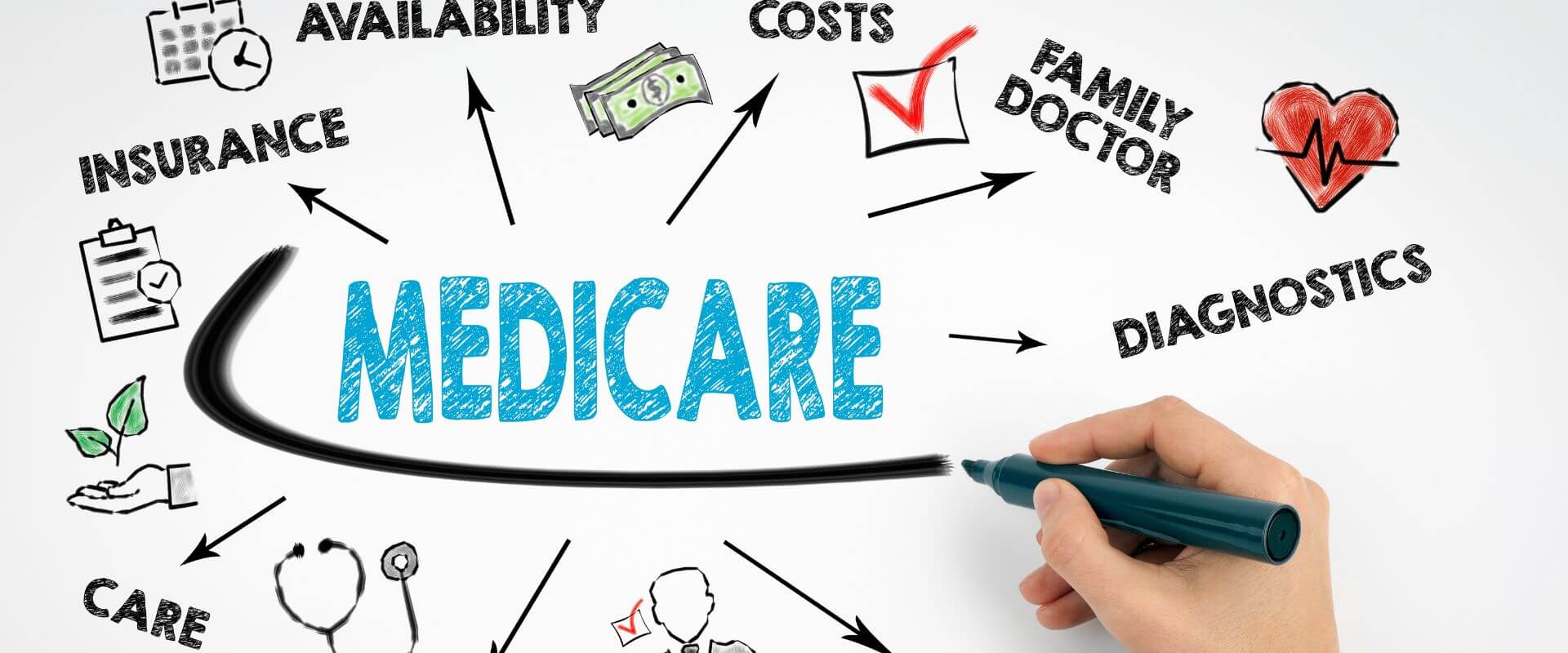Understanding the costs and rules of Medicare can help seniors plan for their healthcare needs and budget. But to truly understand Medicare, you first need to be familiar with some of the most common Medicare terms. Even if you have experience with other health insurance, Medicare has its own unique words and phrases that apply to its plans.
Here are the top 10 Medicare terms you should know.
Enrollment Period
There are several different enrollment periods in Medicare where you can join, drop, or switch your coverage plan. Some of the Medicare Enrollment Periods include Initial Enrollment Period (IEP), Medigap Enrollment Periods (MEP), General Enrollment Period (GEP), Medicare Advantage Open Enrollment Period, Open Enrollment Period (OEP), and Special Enrollment Periods (SEP).
Premium
A premium is a monthly amount you pay for Medicare coverage. Most beneficiaries don’t pay a premium for Part A, but you will pay a premium for Part B and Part D plans. Some Part C plans also have $0 premiums.
Claim
This is a request for payment sent to Medicare. Then, Medicare will process the claim and pay the health care provider. If the service is not covered or the conditions required are not met, Medicare can reject the claim.
Medicare Summary Notice (MSN)
These are notices that Medicare beneficiaries receive after their medical supply vendor or doctor submit a claim to Medicare for the medical services received. MSN explains what your health care supplier or provider billed Medicare, the amount approved and paid by Medicare, and what you must pay.
Medicare Drug Formulary
This is a list of prescription drugs that the Medicare Part D plan covers. If a beneficiary takes a prescription drug that is not on their plan’s formulary, they will need to either ask their physician to prescribe a similar medication their plan covers or pay out-of-pocket costs.
Network Pharmacies
Medicare prescription drug plans contract with pharmaceutical companies that agree to provide its members with supplies and services at a discounted price. Some Medicare plans will not cover your prescription drugs unless you get them at the network pharmacies.
Out-of-Pocket Costs
These are the direct payments you pay for your healthcare. Out-of-pocket costs include your copayments, coinsurance, and deductibles.
Late Enrollment Penalty
This is the additional amount added to your monthly premium if you delay signing up for a particular part of Medicare when you are first eligible. An individual will pay this additional fee for as long as they have Medicare.
Extra Help
Extra Help is a program that helps Medicare beneficiaries with limited resources and income pay for the premiums, coinsurance, and deductibles related to the Medicare prescription drug plan.
Annual Notice of Change
Annual Notice of Change is the notice given by the Medicare insurance plan to notify members of any changes to their Medicare costs or coverage.
Understanding what these Medicare terms mean and how you can apply them to your knowledge of Medicare can help you navigate the process, sort through information, and make the best healthcare choice you can. For more information about Medicare, give Turning 65 Solutions a call today.

